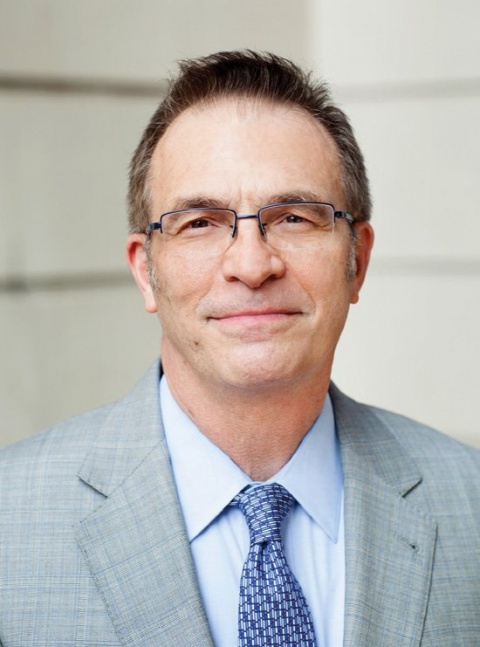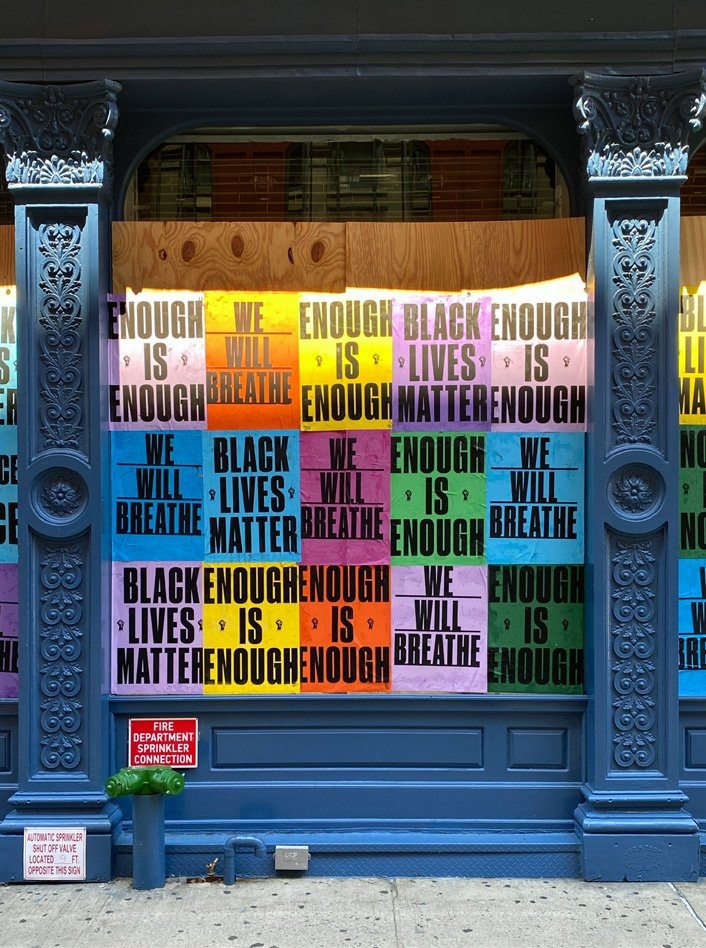The past several months have reminded us that whatever we might expect, life presents the unpredictable.
Columbia College | Columbia University in the City of New York
The past several months have reminded us that whatever we might expect, life presents the unpredictable.

MATTHEW SEPTIMUS
When Columbia College began the academic year last September, it would have been impossible for me to imagine how differently it would draw to an end. While every year has its distinctions, as humans, we rely on predictable rhythms to guide us. At Columbia, we start on a grand scale with Convocation for the incoming class, then gather together in a sea of Columbia Blue for Homecoming, observe the quietude of fall and spring exam periods, and finish the year with several more grand events: Class Day, Commencement and reunion.
The past several months have reminded us that whatever we might expect, life presents the unpredictable. And this year, the unpredictable arrived on a scale and with a force many of us had never before experienced. The outbreak of COVID-19 in the United States began with ambiguity in February, but its rapid development into a massive public health crisis in New York City and elsewhere led us to a series of “first-evers” at the College. We moved to an entirely remote learning and working model in mid-March, and then, just a few days later, expedited the departure of thousands of students from our residence halls to activate what we all now know as social distancing and de-densification.
This past spring our typically blooming and energized campus was unrecognizable, absent of students, who concluded their year with examinations and final papers from locations around the world. Poignantly, our senior class experienced graduation ceremonies entirely through online experiences: videos, livestreams, Zoom receptions with faculty and more. As the final senior celebration was concluding on May 22, faculty and staff were already planning for summer and fall, anticipating the next phases of the pandemic and thinking of ways to prepare our 266-year-old school to adjust.

Jill Shomer
But in that moment of turning toward the future, the brutal killing of George Floyd on May 25, Memorial Day, jolted the nation into a new crisis that had a distinctly different feeling than the global health and economic crisis we were already in. The tragedy of yet another Black American’s unjust death demanded that each of us look to the present with clear and unblinking eyes, to acknowledge that the racism of today is the result of a dark part of America’s past. Some of our country’s history is not easy to reckon with, but the insistent protests, outpouring of heartache and outrage, and overwhelming pain of so many has drawn together millions of Americans in a desire to collectively listen, share and take action to address this fundamental flaw in our nation’s fabric.
Today, we face a future with two enormous challenges. By no coincidence, both are deeply rooted in the humanities and its enduring questions about equality, ethics, responsibility and democracy. COVID-19 asks us each to consider how to physically take care of one another and ourselves as part of our social contract. The issue of racial injustice demands that we reflect on why we have taken insufficient care of a certain population among us, resulting in Black Americans feeling especially vulnerable in our communities.
I am glad to be at Columbia College right now. Our students are part of an institution that is rigorous about learning, inquiry and the pursuit of knowledge. While we often hear about Columbia’s research and discoveries at the frontiers of science and medicine, much of what our undergraduates really explore is knowledge of the self and of their own humanity, in the context of others. The questions our students are asked to consider have been deliberated for centuries, but in a world as disrupted as today’s, those questions — and the importance of their answers — are even more significant.
Our circumstances challenge students, and former students such as yourself, to reflect on how to better care for one another, how to listen to others who are different from ourselves, how to expand our understanding of ethical obligations and how to actualize our values and beliefs every day of our lives. This is the essence of the “Civic and Individual Responsibility” competency within My Columbia College Journey, which all students engage in as part of their holistic development, and which we emphasize as much as or even more than academic achievement.
This is a particularly important moment to redouble the College’s commitment to The Eric H. Holder Jr. Initiative for Civil and Political Rights, which, since 2016, has engaged undergraduates and faculty in education toward advancing rights, justice and citizenship. We will explore programs and opportunities that further commit to Eric’s appeal that we never retreat into “the quiet prejudice of inaction.”
To learn in the classroom is the reason students come to Columbia College, and with our guidance they do. But we bring them to Columbia College to prepare them for a life beyond graduation, in which working to improve the human condition is an aim of their effort, whatever their profession.

James J. Valentini
Dean

Published three times a year by Columbia College for alumni, students, faculty, parents and friends.
Columbia Alumni Center
622 W. 113th St., MC 4530, 6th Fl.
New York, NY 10025
212-851-7852
cct@columbia.edu

Columbia Alumni Center
622 W. 113th St., MC 4530, 4th Fl.
New York, NY 10025
212-851-7488
ccalumni@columbia.edu